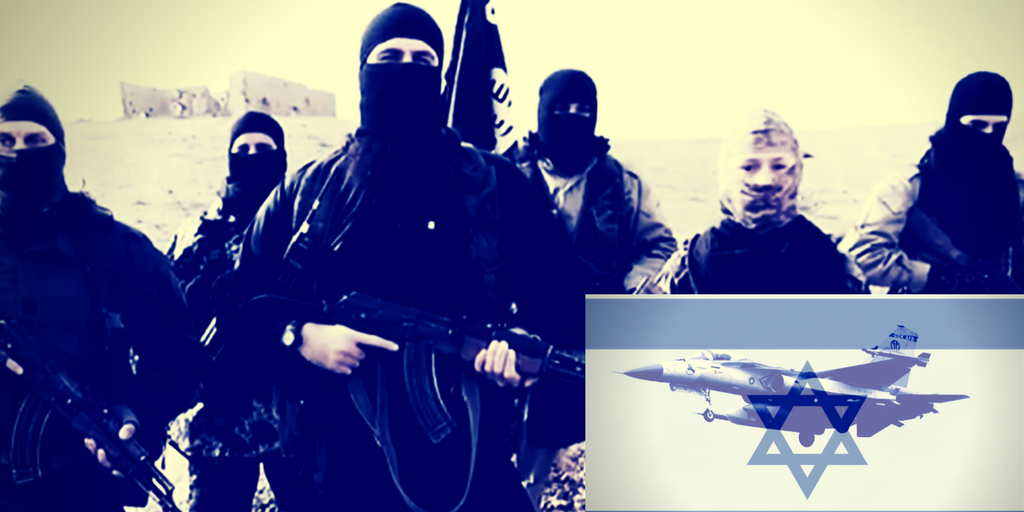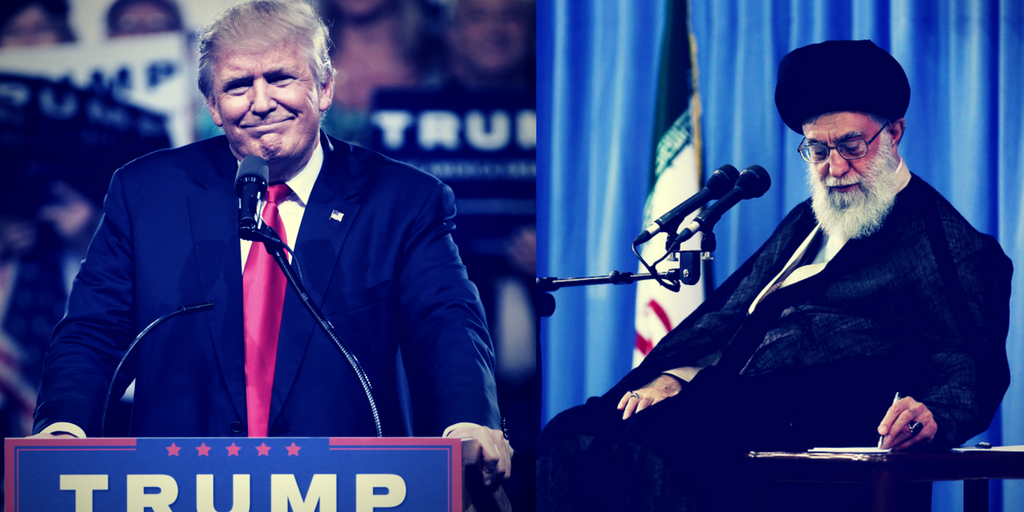The news out of Syria this week is, as usual, complex—and seemingly contradictory.
On the one hand, the Russian-Syrian-Iranian-Hizballah alliance appeared to have overcome rebel resistance in Aleppo—a major turning point that would shift the war’s momentum in the alliance’s favor.
On the other hand, Arab and other media reported that on Wednesday the Israeli air force struck a Syrian weapons depot west of Damascus and a weapons convoy headed for Hizballah in Lebanon.
As of Thursday evening there had been no retaliation against Israel, and Israeli analysts generally saw a retaliation as unlikely.
Media outside of Israel have, of course, often reported in the past on Israeli airstrikes—usually against Hizballah-bound weaponry—in Syria.
Israel’s policy has been to keep mum, neither denying nor confirming the reports. Last April, though, Prime Minister Benjamin Netanyahu acknowledged that Israel had carried out “dozens” of strikes in Syria against “game-changing weaponry” for Hizballah.
It’s no secret that, since the 2006 war between Israel and Hizballah in Lebanon, Hizballah has massively rearmed and now harbors tens of thousands of missiles. But Israel regards some kinds of weapons—precision rockets, advanced antiship and antiaircraft systems—as out of bounds for the terror group.
What has changed in the Syrian arena, though, is that late last year Russia deployed its powerful S-400 radar and antiaircraft system there. It covers Syria, Lebanon, and much of Israel and can track Israel’s northern airspace.
Since then there have been far fewer reported Israeli airstrikes in Syria. In one of them, last September, the outcome seemed ominous when Syria—not a military match for Israel by itself, but backed by Russia and Iran—fired missiles at two Israeli aircraft.
Why, then, the Israeli strike this week? Why no military response this time?
One conjecture: the weapons Israel struck in the Syrian depot and in the convoy would have been particularly unacceptable weapons in Hizballah’s hands.
Another conjecture: the much-touted Israeli-Russian coordination, whereby Netanyahu and Russian president Vladimir Putin are said to have worked out arrangements to avoid clashes, is still operative.
Other possible mitigating factors are that Israel reportedly hit the targets from Lebanese, not Syrian, airspace, and that no Syrian or Hizballah fighters appear to have been killed.
The larger question: what happens if Syria’s Assad and his backers have indeed turned the tide and will be looking to keep extending their control over Syrian territory?
Of interest here are remarks to the Algemeiner website by Yossi Kuperwasser, who has held major positions in Israel’s Military Intelligence.
Kuperwasser, as the site paraphrases it, says that
Iran is stepping up the speed at which it is arming its proxies in the region due to its fear that after Donald Trump assumes the US presidency in January, its room to maneuver in Syria will be greatly hampered….
And regarding Israel and Russia, in Kuperwasser’s own words:
There is a mutual understanding of each other’s interests. Though Russia and Iran are backing Hezbollah combat rebel forces fighting against the Assad regime, Russia understands that Israel cannot allow weapons from Hezbollah in Syria to be moved to Lebanon, where they will be aimed at the Jewish state.
How long can this relatively tolerable—for Israel—situation continue?
Indications are that its days may be numbered. Even if Putin’s strategic goals are not identical to those of his allies—he is clearly not a Shiite ideologue like the Iranians and Hizballah or a Shiite-aligned Arab like Assad—his steps have been increasingly brazen.
Along with the transfer of major weapon systems to Syria, and an aircraft carrier to its coast, they include major weapons sales to Iran, joint provision with Iran of weapons to Iran’s Houthi proxies in Yemen, and reports of Russian aid to Iranian-backed Shiite militias in Iraq.
As Kuperwasser puts it, Israel’s most serious concern is “Iran’s increasing territorial contiguity—crossing Iraq, Syria and Lebanon.”
For the incoming Trump administration, stemming this tide should be an urgent priority. Whatever Putin’s real motive, he is helping create a situation of unacceptable danger to Israel and a Middle East bifurcated between Shiite and Sunni blocs—a recipe for ongoing war and explosive instability.
Originally Published on FrontpageMag
[huge_it_share]





